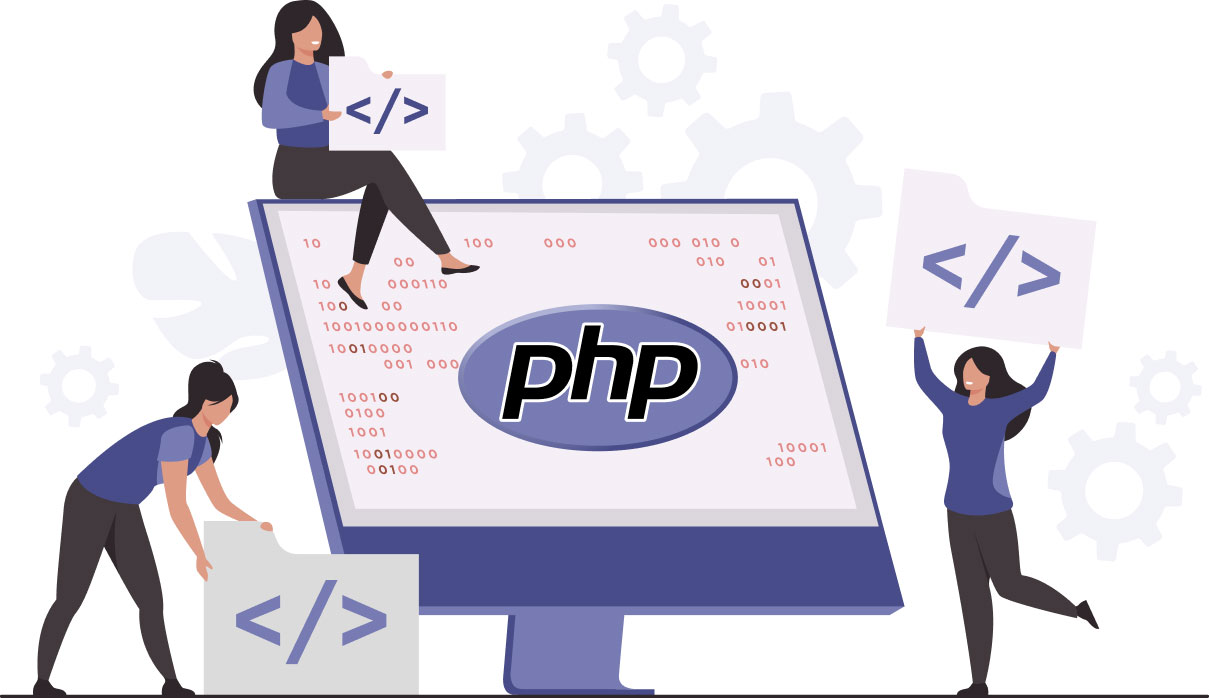Rise by Six: Your Daily Dose of Inspiration
Explore insights and stories that elevate your day.
PHP: The Secret Ingredient Behind Your Favorite Websites
Uncover the magic of PHP and discover how it powers your favorite websites. Dive in to learn the secrets behind the code!
How PHP Powers Dynamic Web Content: A Deep Dive
PHP (Hypertext Preprocessor) is a powerful server-side scripting language that has become a cornerstone in the development of dynamic web content. Unlike static HTML, which serves the same content to every user, PHP enables developers to create interactive and personalized experiences. By embedding PHP code within HTML, dynamic web pages can be generated on the fly based on user input, session data, or database queries. This flexibility allows for the creation of features such as content management systems, e-commerce platforms, and social networking sites, where each interaction can yield different outcomes, enhancing user engagement and retention.
One of the key strengths of PHP in powering dynamic web content is its seamless integration with databases, particularly MySQL. This synergy allows developers to store, retrieve, and manipulate data efficiently, facilitating the delivery of customized content. For instance, when a user logs into a site, PHP can fetch their profile information from the database and present it in a tailored layout. Furthermore, PHP supports a wide array of frameworks and libraries that simplify development and enhance functionality, such as Laravel and Symfony. As a result, PHP remains an indispensable tool for web developers aiming to create robust and dynamic web applications that meet the evolving needs of users.

10 Famous Websites Built with PHP: Discover the Magic
When it comes to web development, PHP has established itself as a powerhouse, driving some of the most popular websites on the internet. From social networks to content management systems, the versatility of PHP makes it a preferred choice for many developers. Here are 10 famous websites built with PHP that highlight its magic:
- WordPress
- Wikipedia
- Slack
- MailChimp
- Flickr
- Yahoo!
- Vimeo
- Dropbox
- Magento
The success of these platforms showcases the power of PHP in managing dynamic content and handling large user bases. For example, Facebook, one of the largest social media networks, utilizes PHP to create a seamless user experience, while WordPress has become the backbone of countless websites globally, making content creation accessible to all. Discover the magic behind these sites and consider how PHP can enhance your own web projects.
Why Learn PHP? Unveiling Its Importance in Web Development
PHP, or Hypertext Preprocessor, is a widely-used open-source scripting language that has become a cornerstone of web development. One of the most compelling reasons to learn PHP is its ability to create dynamic and interactive web pages, which enhances user engagement. Websites like Facebook, WordPress, and Wikipedia utilize PHP, demonstrating its scalability and efficiency in handling high traffic. As a beginner or an experienced developer, mastering PHP can significantly increase your career prospects, given the language's demand in the job market.
Another key aspect of PHP is its extensive community support and rich ecosystem of frameworks such as Laravel, Symfony, and CodeIgniter. This means that when you learn PHP, you gain access to a plethora of resources, libraries, and tools that can streamline your development process. Furthermore, PHP's compatibility with various database systems, especially MySQL, makes it an essential skill for building robust web applications. Therefore, understanding PHP is not only beneficial for creating websites, but it also equips you with the knowledge to pursue a range of web development projects with ease.